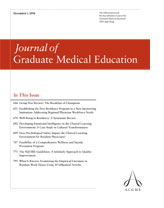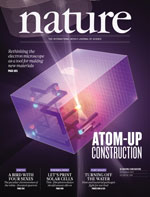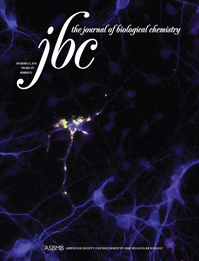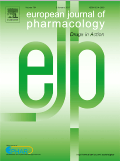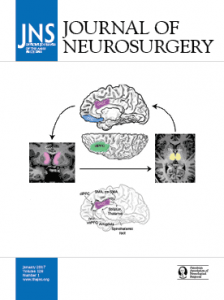 Researchers in China have retracted two 2016 papers about the possible use of a cholesterol-lowering agent to treat bleeding on the brain.
Researchers in China have retracted two 2016 papers about the possible use of a cholesterol-lowering agent to treat bleeding on the brain.
One of the retracted papers in the Journal of Neurosurgery (JNS) had multiple problems that were “too extensive to revise,” according to the lengthy retraction notice, relating to issues with authorship, data analyses, and patient enrollment. The notice is signed by first author Hua Liu of the Nanjing Medical University in China.
Liu is also the first author of another recently retracted paper in Frontiers in Neuroscience, pulled for incorrectly categorizing patients.
The JNS retraction notice begins: Continue reading Authors retract two statin papers, one with problems “too extensive to revise”
 Around two years ago, when mathematics researcher
Around two years ago, when mathematics researcher 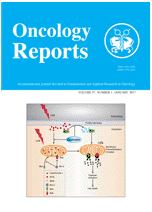 An oncology journal has decided to retract a 2012 paper on gastric cancer after discovering duplicated data in multiple figures.
An oncology journal has decided to retract a 2012 paper on gastric cancer after discovering duplicated data in multiple figures.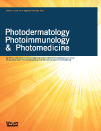 Researchers have agreed to pull a 2015 study exploring whether a plant extract can safeguard tanners from ultraviolet exposure after not obtaining formal approval from an ethics committee.
Researchers have agreed to pull a 2015 study exploring whether a plant extract can safeguard tanners from ultraviolet exposure after not obtaining formal approval from an ethics committee.